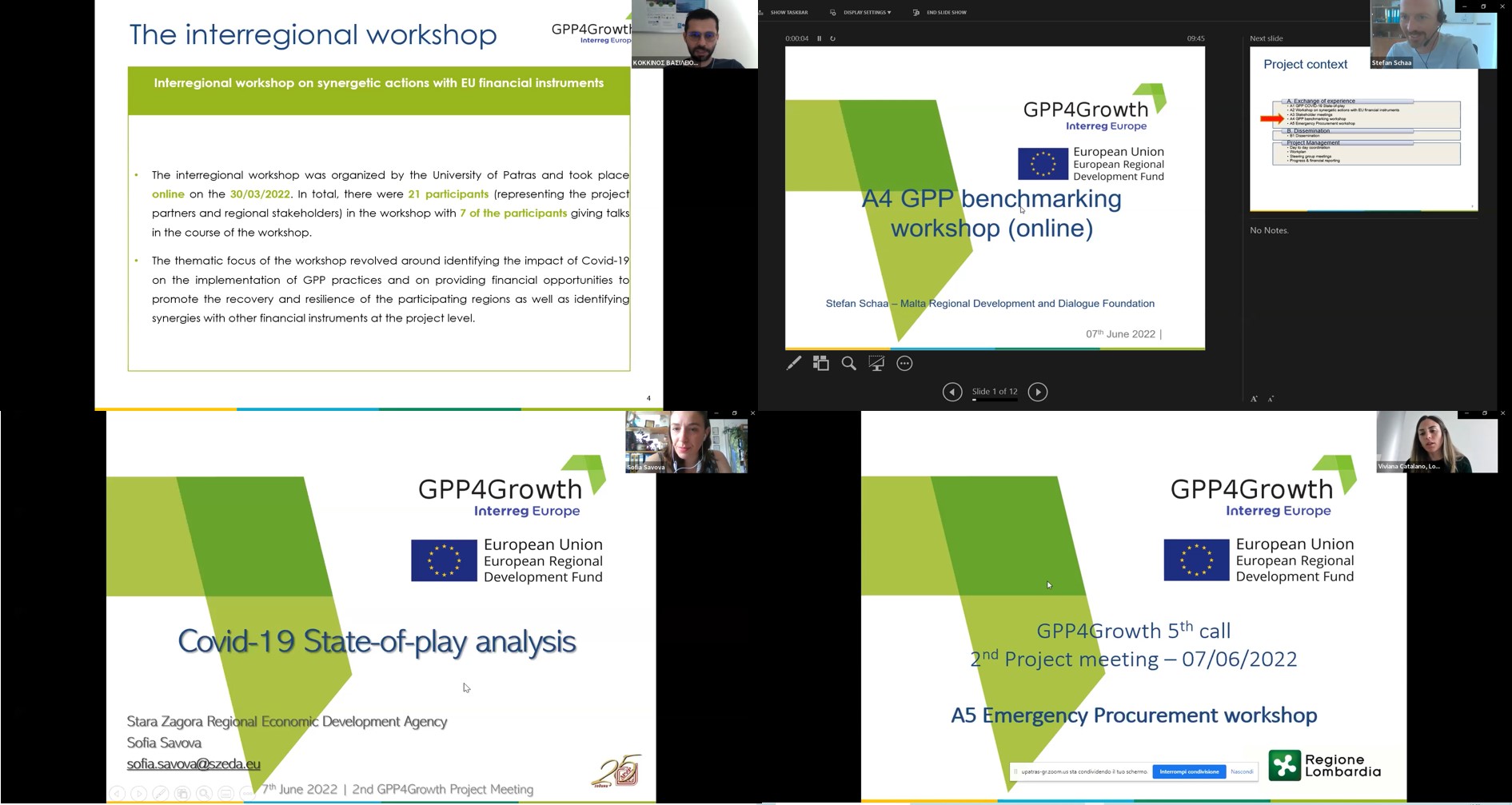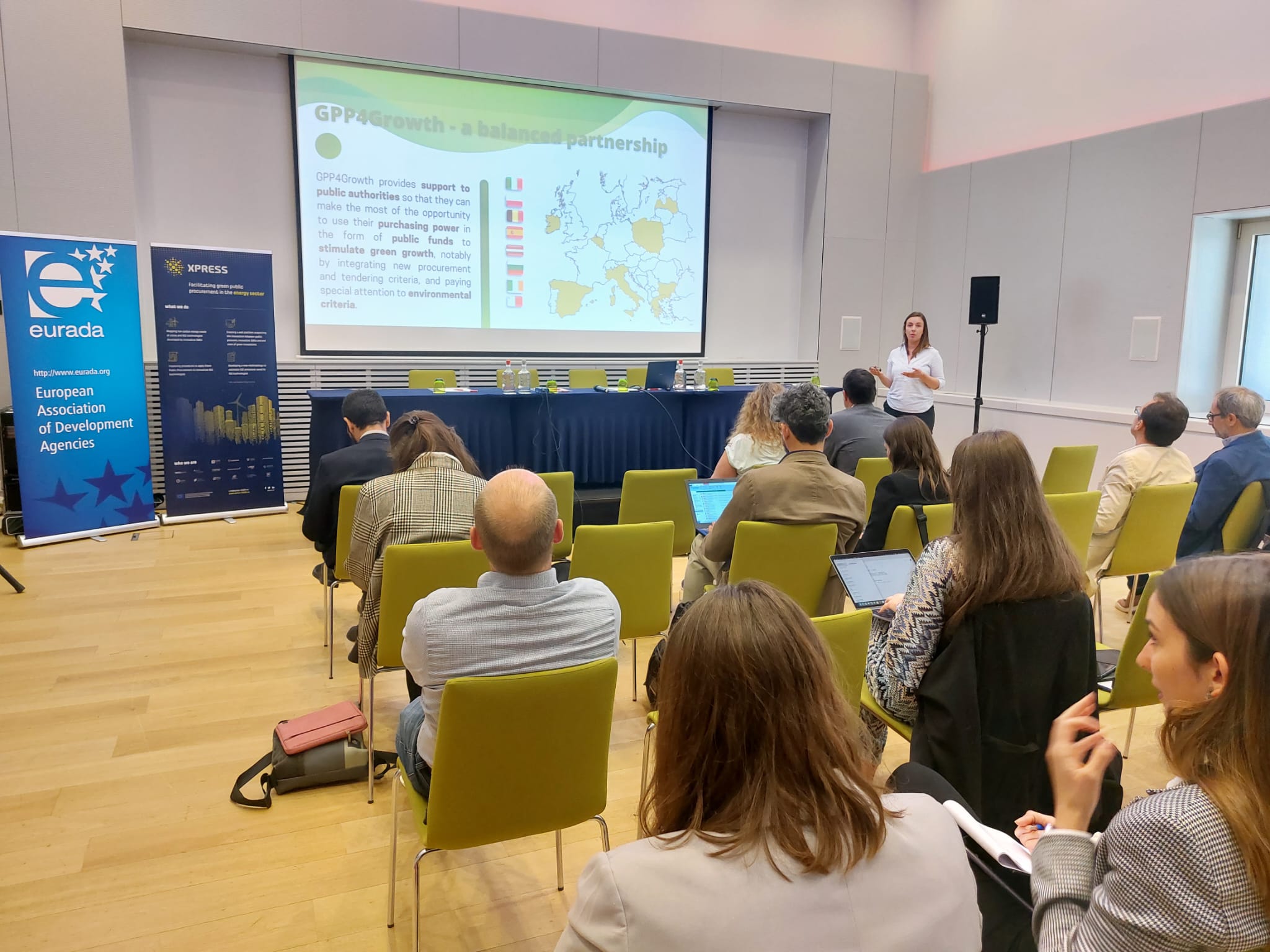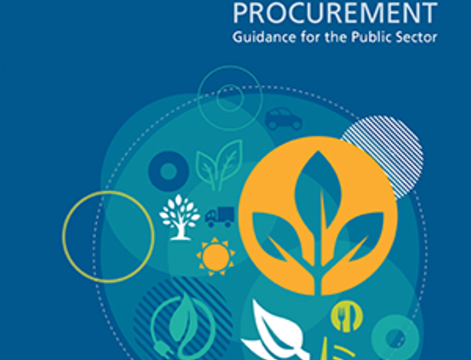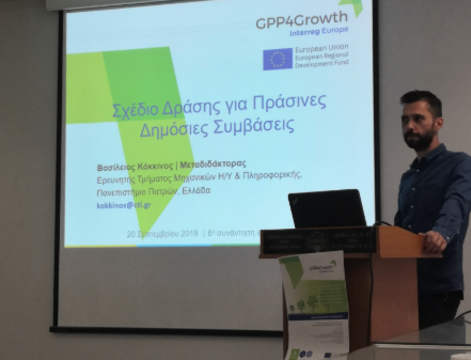The meeting commenced with the welcome address from Professor Christos Bouras, Vice Rector of the University of Patras (UPAT), professor in the Computer Engineering & Informatics Department and scientific coordinator of UPAT for GPP4Growth project who also made a brief presentation of the project reminding the main goals of it.
Afterwards, Thomas Stavropoulos, MSc Lawyer in Public Law by the University of Athens and visiting Fellow of the Harvard University, stood on the podium and spoke about special legal issues of audit of bids in public contracts. Mr Bouras asked for clarifications regarding the procedure of procurements. A constructive discussion took place at that point about the legal details in regard to the process followed for the signing of a public contract including a plethora of relevant questions coming from the officers of the Purchasing Department.
Next, Maria Diamantopoulou, head of the financial and fiscal control department of Region of Western Greece (UPAT’s policy instrument for GPP4Growth) gave a speech concerning the concept of GPP. She presented GPPs, the criteria they are based on and highlighted their importance both on economic as well as on environmental and political level. She offered insight into how a contracting authority turns to green public procurement analyzing the necessary steps. Finally, she offered some good practices examples stressing their benefits.

The final speech was given by Georgios Diles, postdoctoral researcher and part of the GPP4Growth project team. He spoke about factors enabling GPPs, the motives that public authorities have to turn to green services and products and the benefits they could have. Finally, he analyzed the obstacles public authorities face attempting to do so, namely the difficulties to introduce clear and unbiased criteria in the contract contests and offered a number of possible solution including the education of the personnel and the training to use existing tools like GPP Training Toolkit- EU and learn to apply LCC analysis.

An open discussion followed, coordinated by Professor Ch. Bouras. Most of the participants, considered that the concept-idea of the project is extremely interesting as well as one of great importance and emphasized that the regional authorities, enterprises, businesses, SMEs, industry, research and academic institutions need to work with each other to enhance GPP and provide suggestions for the legal framework to be strengthened and increase the success of the GPP.










